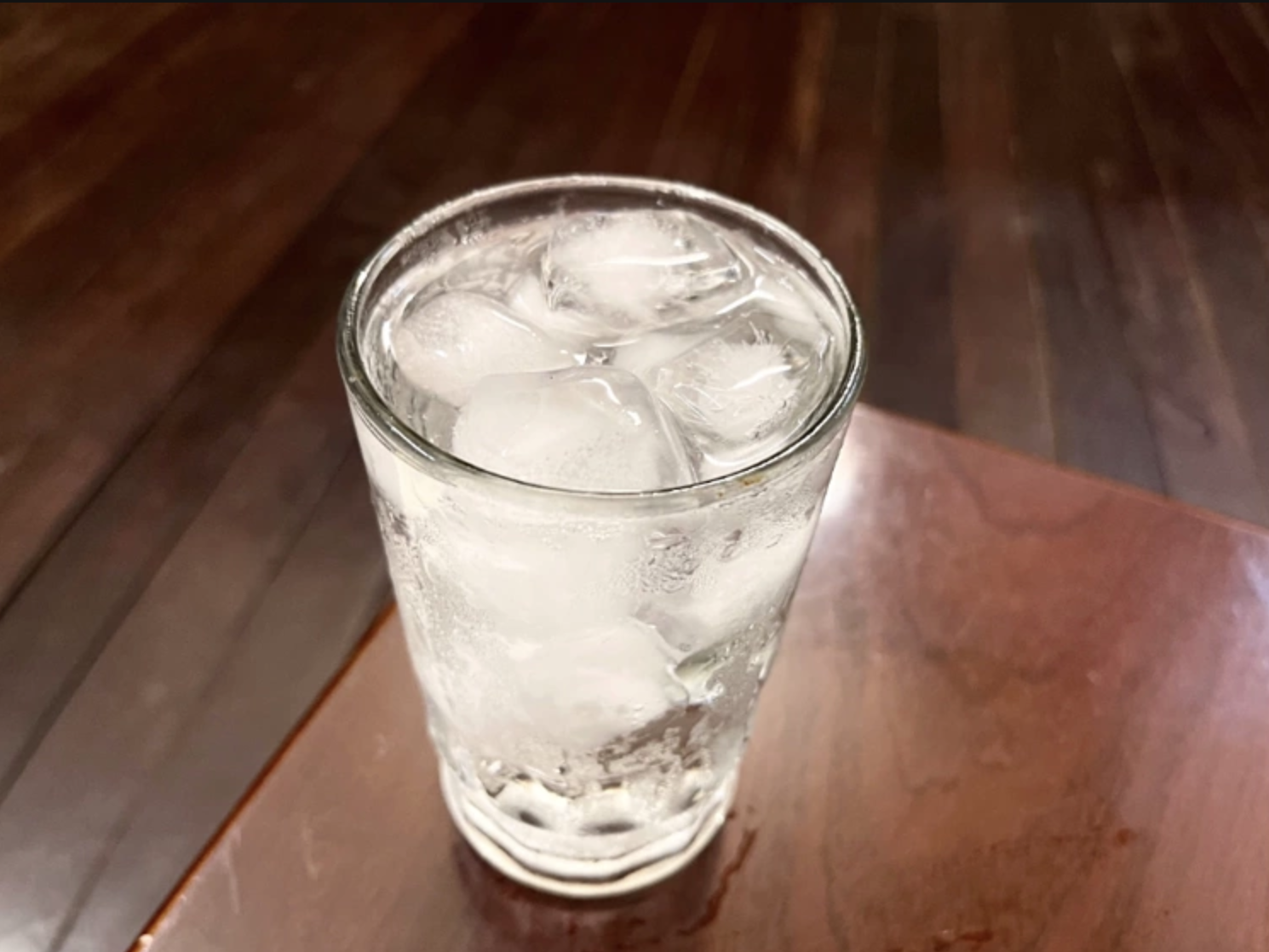Dr. Bui Hoang Bich Uyen, from the Nutrition Department of Xuyen A General Hospital in TP HCM, emphasizes that staying hydrated is a simple yet profoundly beneficial habit. Dehydration thickens the blood, reducing blood flow and oxygen to the brain, which can lead to headaches. It also impairs bodily functions, causing fatigue and low energy. However, she cautions against excessive water intake, which can lead to water intoxication, a serious health risk.
Principles of proper hydration
Dr. Uyen explains that there's no fixed daily water intake formula, as fluid needs vary based on individual factors, health conditions, and activity levels. However, some general principles apply:
Small, frequent sips: Drink water throughout the day in 150-250 ml (about one small glass) increments, rather than consuming large amounts at once.
Don't wait for thirst: Thirst signals mild dehydration. Elderly individuals may not experience thirst as readily, so proactive, regular hydration is crucial.
Caution with underlying conditions: People with kidney or heart failure should limit their water intake, especially those undergoing dialysis or peritoneal dialysis. Excessive water can cause fluid overload, leading to edema, hypertension, or pulmonary edema. Those with heart failure face similar risks, as excess fluid strains the heart.
Optimal times to drink water
Dr. Uyen recommends these key times for hydration to maximize its benefits:
Upon waking: Drink one glass of water (about 200 ml) to replenish fluids lost during 6-8 hours of sleep.
Mid-morning: A glass of water enhances focus and concentration.
30 minutes before meals: A glass of water aids digestion. Avoid drinking too much during meals to prevent diluting digestive fluids.
Mid-afternoon: A glass of water combats afternoon fatigue.
When feeling hungry: Hunger can sometimes indicate dehydration. Drink a glass of water before snacking to assess your body's true needs.
After exercise or outdoor activities: Replenish fluids lost through sweat by taking small sips for better absorption.
1-2 hours before bed: Drink about 100 ml (half a glass) if you don't have heart or kidney issues to avoid nighttime urination.
 |
Staying hydrated is a simple habit with significant health benefits. Photo: Ly Nguyen |
Staying hydrated is a simple habit with significant health benefits. Photo: Ly Nguyen
Important considerations for hydration
Drink slowly: Avoid consuming large volumes of water quickly. Small, regular sips throughout the day promote better absorption and reduce strain on the kidneys.
Listen to your body: Water needs vary depending on weight, activity level, and environment. Observing urine color is a simple check: pale yellow indicates adequate hydration.
Prioritize plain water: Plain water is the best choice for hydration. Limit sugary drinks, coffee, and soda, as they can dehydrate. While fruit juice and herbal tea provide fluids, they don't fully replace water.
Recommended water intake by age
The US National Academies of Sciences, Engineering, and Medicine provides these daily fluid intake recommendations (each cup is about 200 ml):
Children 4-8 years old: 4-5 cups.
Children 9-13 years old: 7-8 cups.
Children 14-18 years old: 8-11 cups.
Men 19 years and older: 13-15 cups.
Women 19 years and older: 9-11 cups.
Pregnant women: 10-12 cups.
Breastfeeding women: 13 cups.
Dr. Uyen concludes that proper hydration not only maintains health but also prevents issues stemming from dehydration or fluid overload. Consistent hydration tailored to individual needs and health conditions is key to optimal bodily function. People should listen to their bodies, prioritize plain water, and be mindful of key times throughout the day for effective hydration.
My Y












